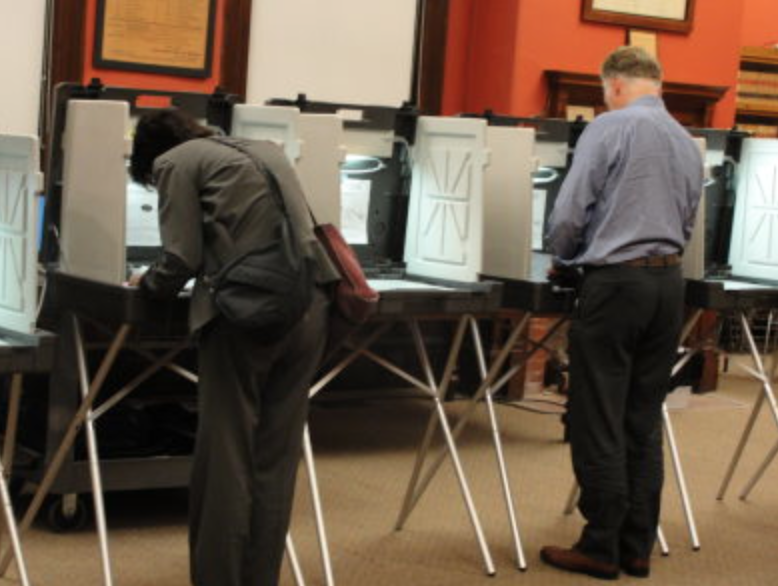The hope of advocates for Belmont schools and town services to place a multi-year operational Proposition 2 1/2 override on the November ballot has been quashed by a combination of a tight state deadline and insufficient time for a committee reviewing the towns financial health to complete its work in time, according to the Selectmen’s chair.
According to Brian McNiff, spokesperson of the Massachusetts Secretary of State office, the secretary’s deadline for reviewing and approving the Proposition 2 1/2 override language so it can be placed on the November 4 state election ballot is August 6.
“[The town] has to have all the work done by that date so we can do the legal review required,” said McNiff.
Andy Rojas, chair of the Belmont Board of Selectmen – the municipal body under state law that must approve both the language and determine whether the town requires an override – told the Belmontonian Wednesday, June 11, a summer cutoff point from the state on top of notification requirements on the Town Clerk all but dooms the proposed November override ballot question.
The early August state drop dead date will not allow the Financial Task Force, a 13-member “mega” committee created last year to conduct a comprehensive review of the town’s finances, highlight possible revenue streams and develop a long-range financial and capital improvement plan, any chance of completing the analysis the Selectmen would require.
“The chances that the Financial Task Force … finishing any of its work to the point where we can reach any clarity on an override is now apparently nil,” said Rojas.
Municipalities must follow a precise list of procedures mandated by the state Secretary of State and the Department of Revenue to place an override question on the ballot.
“It is a very strict on what we require from the towns,” said McNiff, as municipalities follow a template on the why, how much and when of an override request.
Under state law, a Proposition 21⁄2 referenda questions can be placed on the state biennial – every two years – election ballot which has become an important point by Belmont override advocates who hope to benefit from strong voter turnout in a November election with state-wide races – including what many predict will be a competitive race for governor – on the ballot.
“However, those questions must be submitted to the Secretary of State for certification by the first Wednesday in August preceding the [biennial] election. G.L. c. 59, § 21C(i),” according to language on the Revenue Department’s web site. (http://www.mass.gov/dor/docs/dls/publ/misc/prop2.pdf)
In addition to state requirements, Belmont’s Town Clerk “must receive written notice of the referendum at least 35 days before the date of the election. The vote to place a question on the ballot must take place in sufficient time to meet this advance notice requirement,” reads the regulations.
While the Task Force has been working since the beginning of the year on the town’s finances, “they are still working through the facts,” said Rojas.
Rojas said he continues to support placing an override on the ballot “once we have all the information” to determine the need to permanently raise the tax levy.
“I think … the earliest voters will have a chance to vote on the override will be the [annual] Town Election in April,” said Rojas.








Leave a Review or Comment